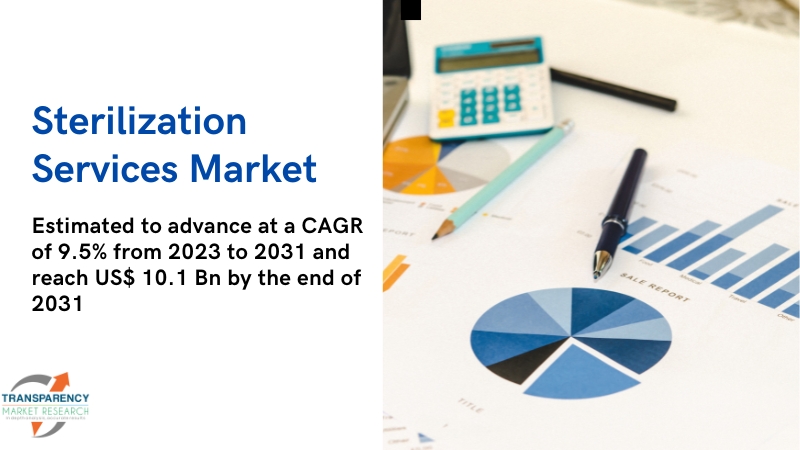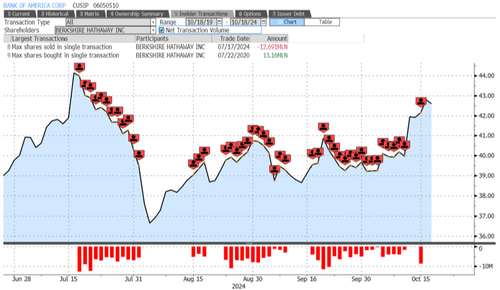
Bank of Korea Gov. Rhee Chang-yong speaks during a press conference at the central bank's headquarters in Seoul, Aug. 22.
Yonhap By Lee Yeon-woo The Bank of Korea's (BOK) climate policy ranked 16th among the Group of 20 members' central banks, a drop of three positions from two years ago, a report showed Monday. In its recent report, "The Green Central Banking Scorecard," Positive Money, a London-based nonprofit organization, placed the BOK 16th regarding climate policies out of the 20 central banks, assigning it a grade of D-. France, Germany and Italy, all part of the European Union, secured the top three spots, with the European Central Bank coming in fourth.
Brazil and China's central banks ranked fifth and sixth, respectively. Despite the global significance, the U.S.
Federal Reserve's ranking fell from 16th to 17th. This indicates that the BOK's initiatives are perceived as falling short of global standards despite its recent efforts, according to Solutions for Our Climate (SFOC), a Seoul-based nonprofit. In 2021, the BOK issued a paper titled "Bank of Korea's Response to Climate Change" to outline its approach to addressing the issue and made various formal commitments.
This February, the central bank created an office for sustainable growth and pursued policies such as promoting related research, expanding environmental, social and corporate governance investments and limiting investments in coal and fossil fuels in foreign assets. However, the report refuted the BOK's claim that the development of the related strategy was "constrained due to the lack of green certification procedures and the scarce availability of green bonds." It stated that the Korean Green Taxonomy includes guidelines on issuing green bonds, the most commonly issued securities by corporations and financial institutions in Korea.
The research emerged as climate change has increasingly become a critical responsibility for central banks. It drives up the cost of living and hinders economic activities due to natural disasters. According to the BOK's separate report published in August, the BOK projects that about 10 percent of Korea's inflation since last year can be attributed to extreme weather events like heat waves and heavy rainfall.
These events have also reduced the nation's industrial production growth rate by an average of 0.6 percentage points per year. "The emphasis on climate action by central banks worldwide is clear evidence of the growing impact of climate change on inflation and economic growth," said Go Dong-hyun, head of the SFOC's climate finance team.
Experts agree that the BOK's efforts should go further. Choi Gi-won, senior researcher at the Institute for Green Transformation, noted that the bank "should actively consider and implement monetary policy tools such as green finance intermediary support loans, climate impact assessments for its collateral and lending and green bond purchase programs.".














